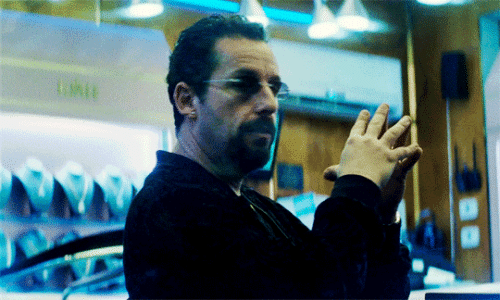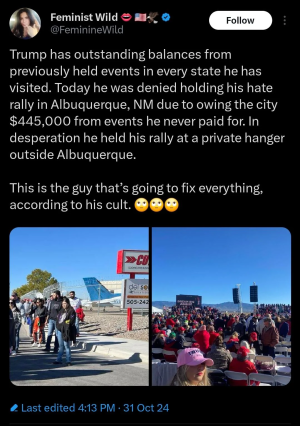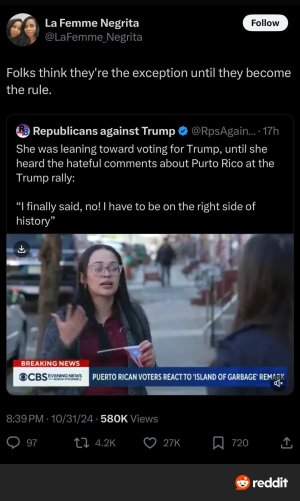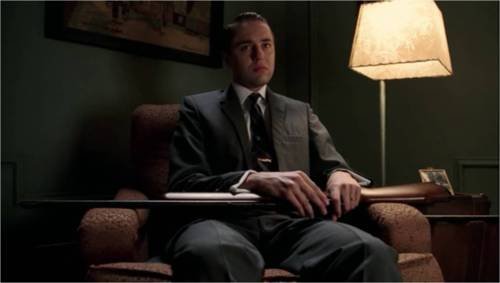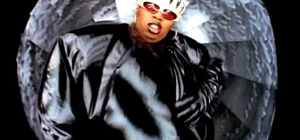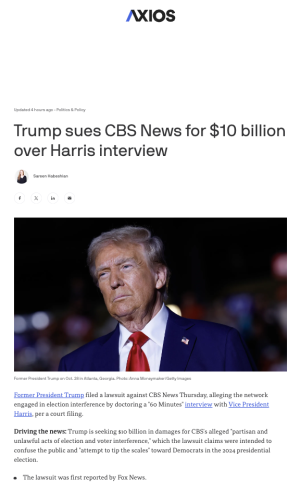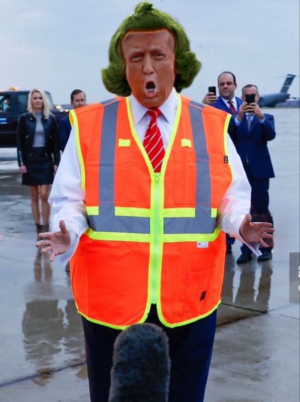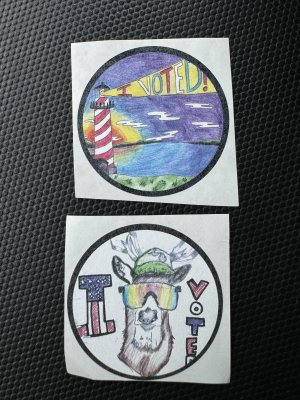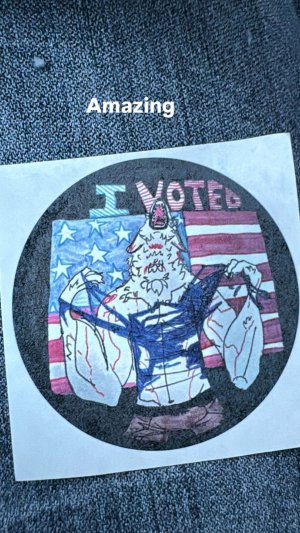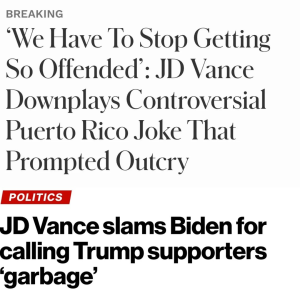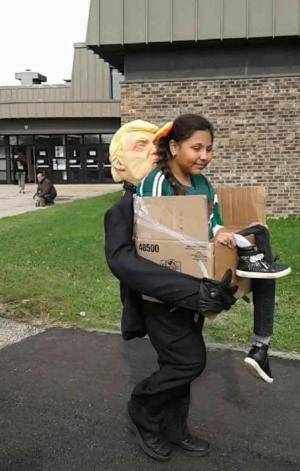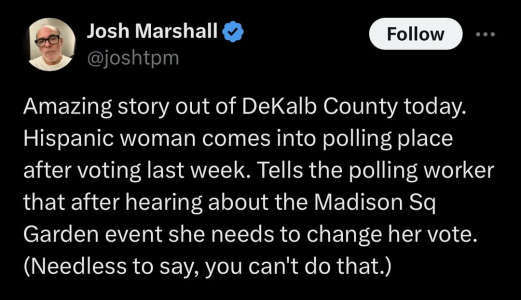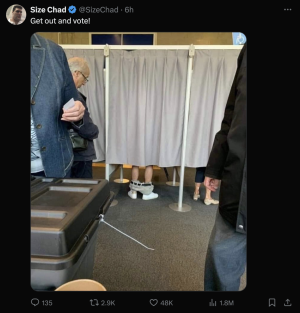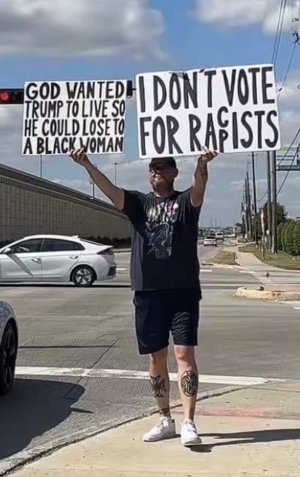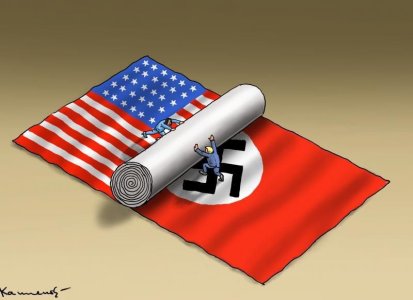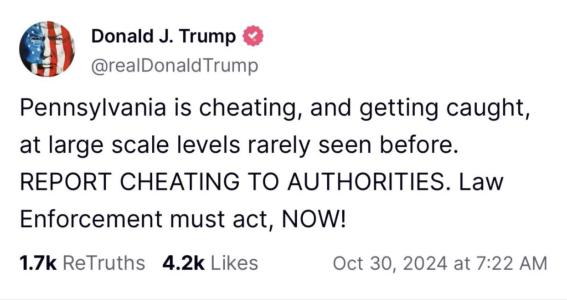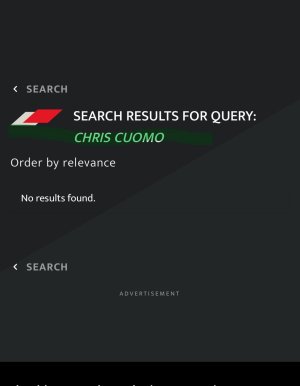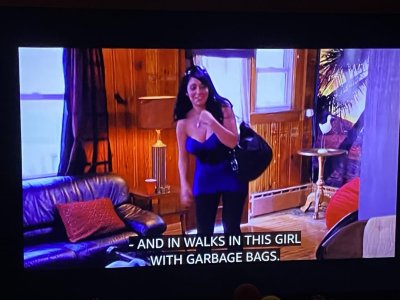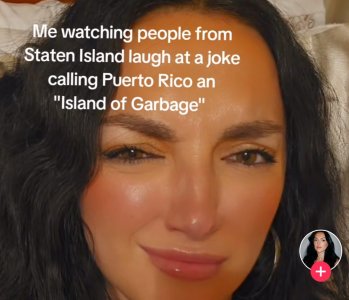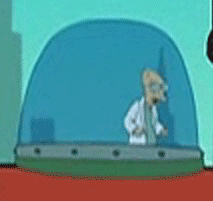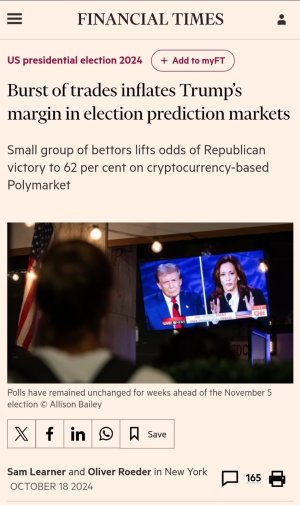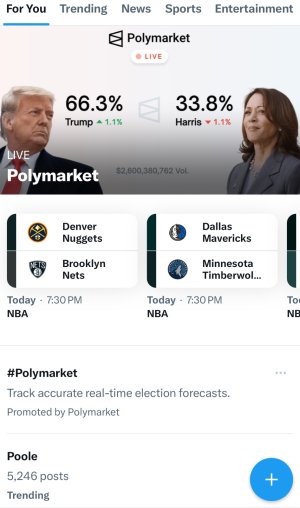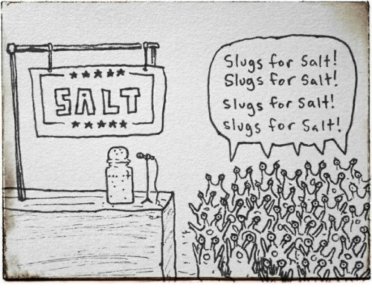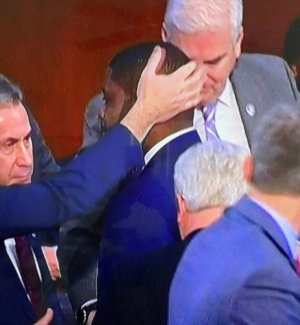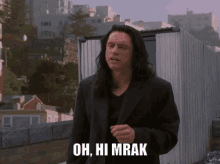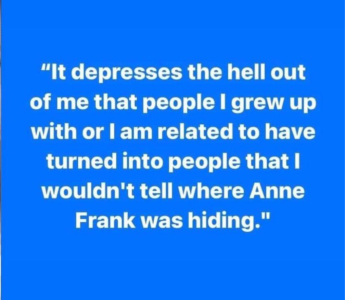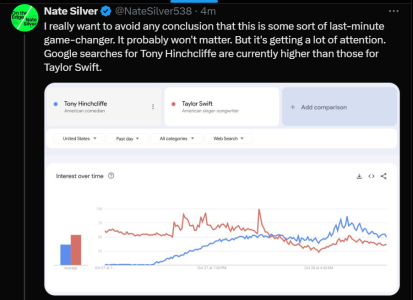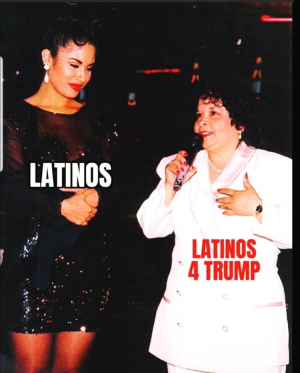The controversial right-wing Dutch politician Geert Wilders says he intends to govern in the Netherlands after the elections, and expects the electorate to rise up if other political parties deny him that option.
In a rare 40-minute interview with broadcaster WNL, the far-right leader also compared mosques to Nazi temples and the Quran to Hitler’s autobiography Mein Kampf.
Mr Wilders does not often sit down for in-depth interviews with Dutch media. The founder of the one-man Party for Freedom, or PVV, prefers to control the narrative through Twitter. The “Dutch Trump” knows that the media will pick up news from his timeline.
But with five weeks to go until the elections, Mr Wilders is stepping up his campaign. A new video shows he aims to emulate the changes brought by Brexit and Donald Trump’s victory. His slogan: “The Netherlands is ours again.” His one-page, 11-point programme aims to “de-Islamise” the Netherlands and shut the borders to immigrants.
During Sunday’s interview, he expanded on how he would achieve his goals, some of which contradict the Dutch constitutional right to freedom of religion. Asked how a ban on the Quran would work in practice, Mr Wilders compared it to the Dutch ban on Adolf Hitler’s autobiography Mein Kampf.
He said he would “of course” not confiscate Qurans from people’s homes. Previously he has stated that mere ownership of the book, which he calls more anti-Semitic than Hitler’s tract, should be a crime. He seems to have mellowed that stance but stood by his position that it should be banned from bookstores and only be available to scholars.
He also reiterated his position that mosques should close, saying he would take away their licences rather than closing them by force.
One of the reasons for watering down his positions could be that Mr Wilders was clear that he intends to govern. He dismissed vows by other political parties that they would not rule with his party. If his party is the biggest, they would simply have no choice, he claimed. “I am sure that if the voter makes the PVV truly big, they will have to.”
And Mr Wilders repeated his position that he expected people to rise up if his party was not given the chance to govern. “You can’t just ignore the will of 2.5 million people,” he said.
One supporter who was happy to take to the streets if that happens was Dave Wetsteijn, a 40-year-old welder from Rotterdam. “For sure I want him to be Prime Minister,” he told The Independent, adding “we cannot just be ignored”.
Mr Wetsteijn said he lost his job in the port city when his boss hired cheaper Polish labour instead. He is drawn by Mr Wilders’s message of putting Dutch people first.
Mr Wilders’s pledge that no money would be sent abroad for development is also music to Mr Wetsteijn’s ears. “I am living off unemployment benefits, the government should be supporting the local population, rather than focusing on foreigners,” he said.
Polls predict Mr Wilders will be the biggest winner after the Dutch elections on 15 March, with close to one in five Dutch voters opting for his PVV. But that will give him only roughly 30 out of 150 seats in parliament, forcing him to rely on other parties to form a coalition.
Almost all of the 28 parties that are running have already ruled out the option of working with the PVV. That includes Prime Minster Mark Rutte’s liberal VVD Party, which is closest to Mr Wilders, both in terms of platform and polling numbers.
Sunday’s interview caused Mr Rutte to resort to Mr Wilders’s preferred medium of communication for the first time in six years. From his personal Twitter account he reiterated his earlier pledge that there was “zero per cent” chance that the VVD would join a coalition with the right-wing outcast.
Some PVV voters are counting on other parties sticking to their promises. Gerrit van Hes, a wheelchair salesman from the city of Dordrecht, said the reason he was voting for the PVV was to send a wake-up call to the politicians in The Hague.
“It’s a protest vote,” he freely admitted. He said he hoped a large turnout for the PVV would force other political parties to adopt Mr Wilders’s views on immigration and the EU. But he said he did not want Mr Wilders to govern. “Having Wilders as Prime Minister would not be good for our country,” he said.


















